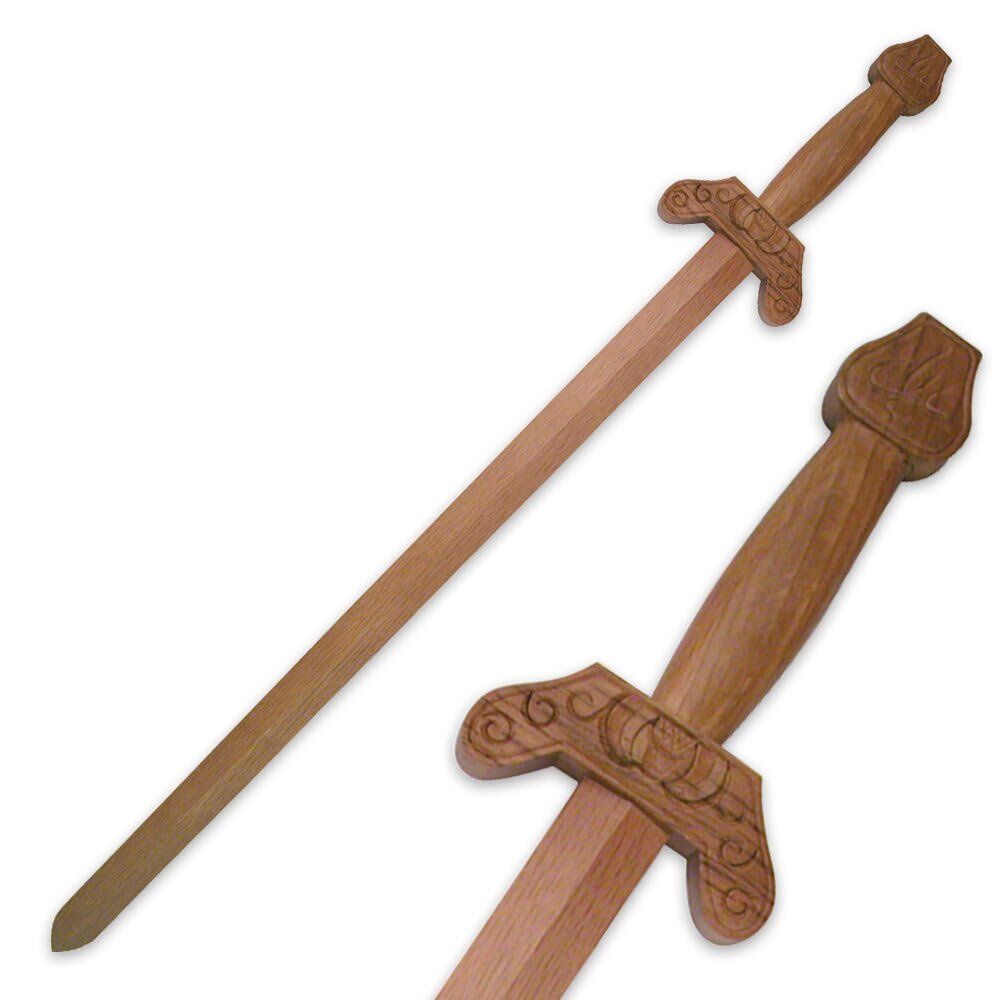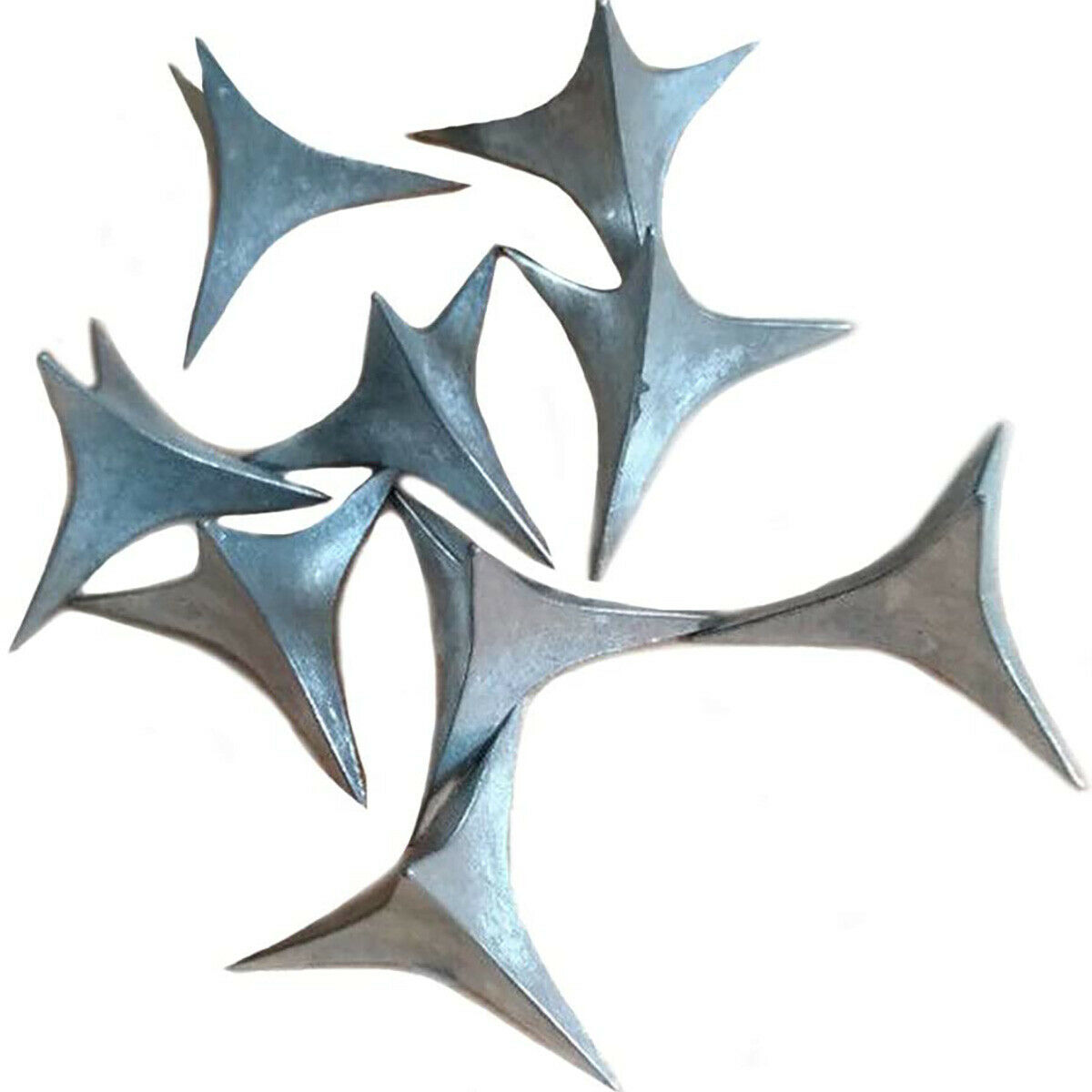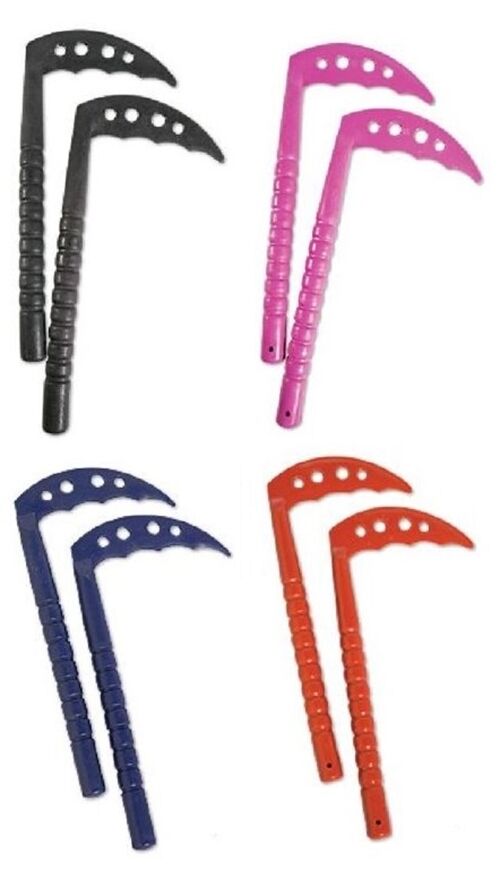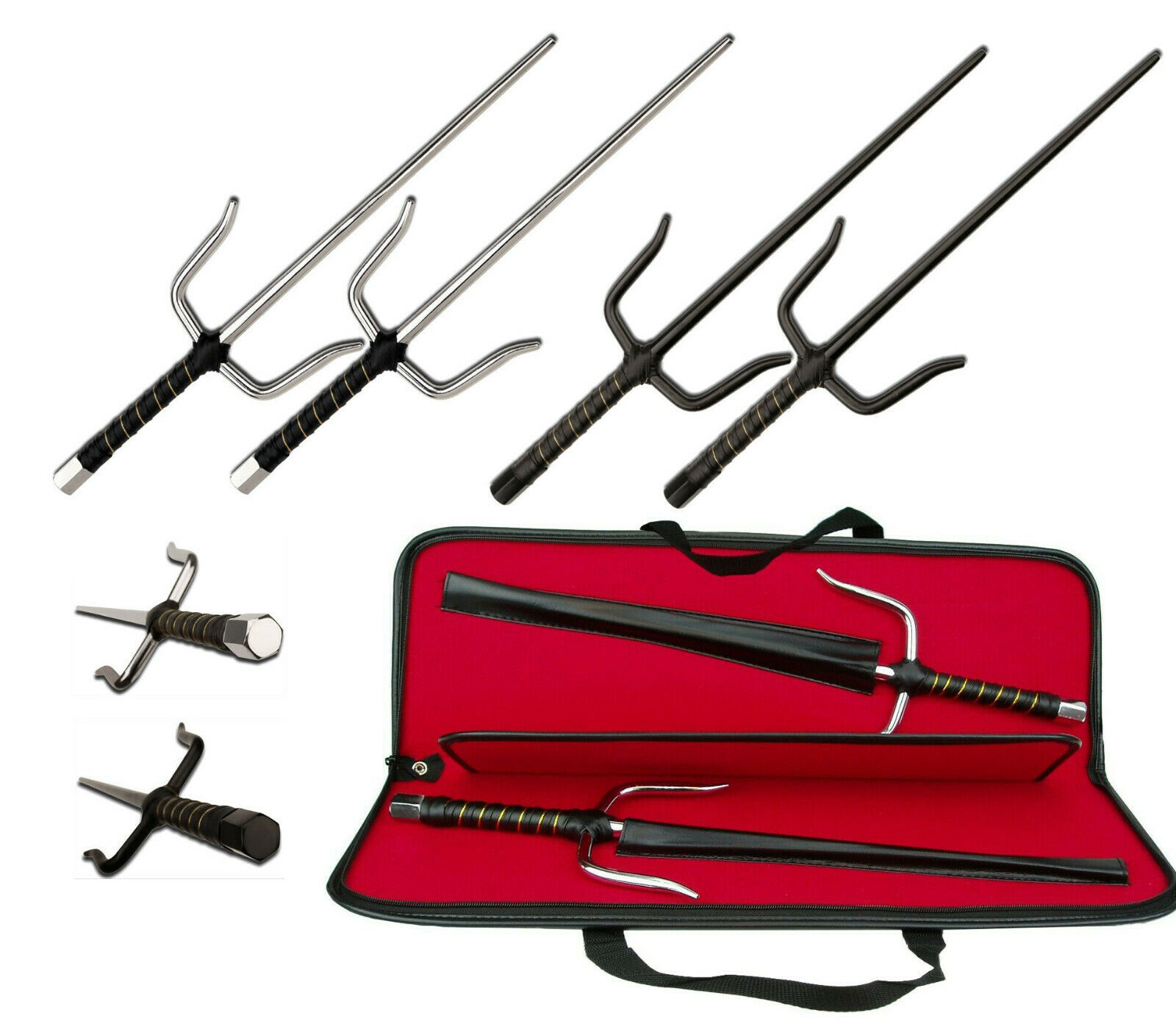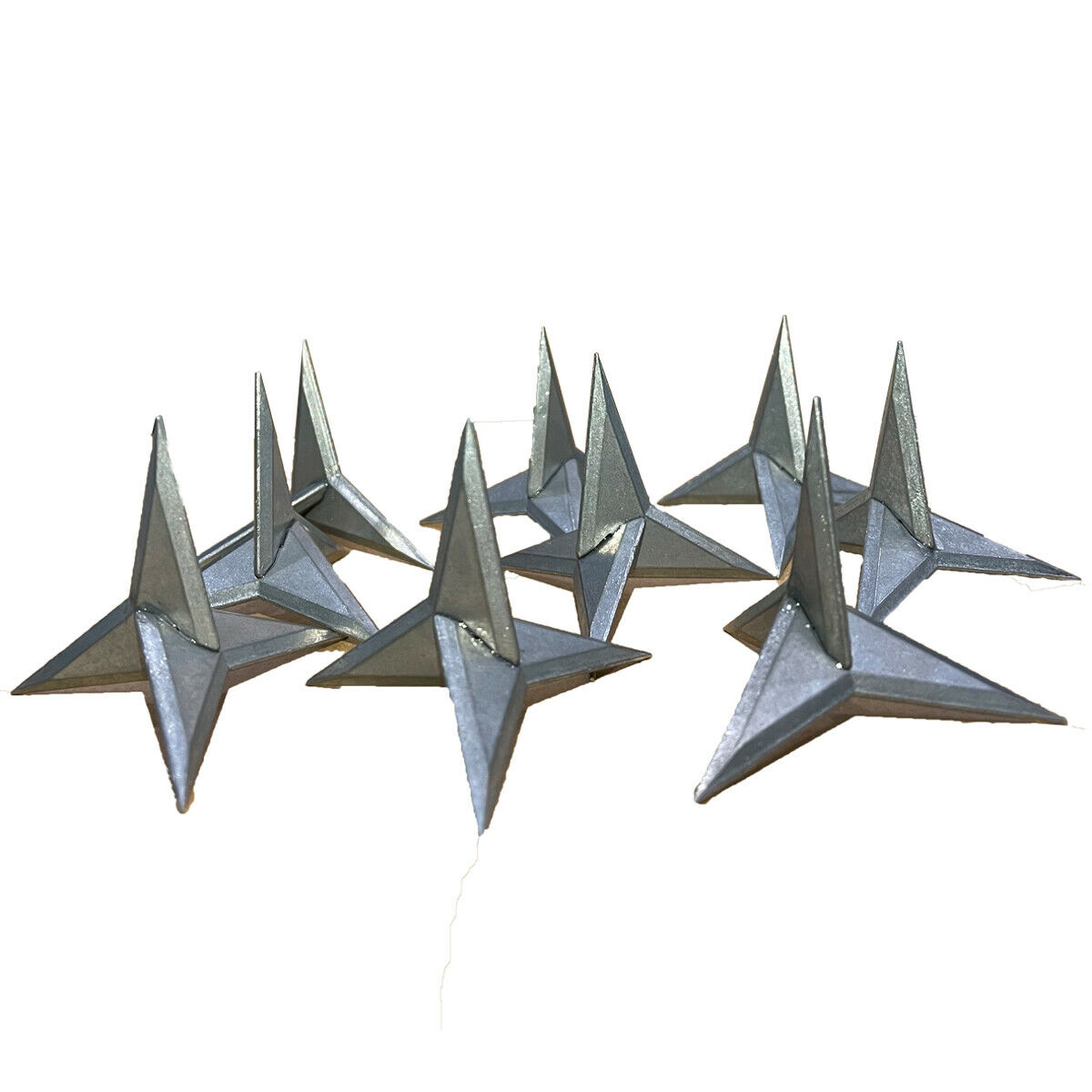-40%
Martial Art Hardwood Training Tai Chi Sword 36-Inch Overall Free Shipping USA!
$ 15.83
- Description
- Size Guide
Description
• 36-Inch Overall • Wooden Practice Sword for Tai Chi• Beautifully hand-crafted, this hardwood broadsword is designed to have the look and feel of a real tai chi sword but without the hazard or expense. Great for training.
In those early days, those who excelled in the art of swordsmanship were the Daoist priests and monks. It should be mentioned that Daoism is based on a philosophy of quietude and closeness to nature. However, in the context of endemic violence characteristic of imperial China, the Daoists came to rely on straight sword for self-defence. Eventually, sword became largely seen as the Daoists’ weapon, in the same way as staff was considered to be the weapon of Shaolin monks [2].
Of particular interest to the Daoists were the inner workings of the body and mind. They explained these workings in terms of the circulation of internal energy (qi) and a mutual transformation of the opposites, yin and yang. Daoists widely used these two principles in their health-related practices, such as breathing and slow-paced body movements reminiscent of the present-day qigong. Unsurprisingly, their martial art, Wudang (named after the mountainous area where some of the most important Daoist temples are located), also became based on these principles.
Wudang was developed at approximately the same time as the Shaolin martial art, i.e., long before the rise of Taiji. In its combative aspects, Wudang is somewhat similar to Shaolin. However, while Shaolin uses mostly the external methods, Wudang (the same as Taiji) relies on the internal principles. Indeed, in our days, a slower version of Wudang, known as Wudang Taiji, is often taught as part of Taiji curricula.
For centuries, the Daoists held their martial art training secret. This was particularly the case of Dan Pai, the largest Wudang Sword school located in the Wudang Mountains. This secrecy (most probably never complete) was broken in the late 18th century, when the 8th-generation lineage holder, Zhang Yehe, chose a non-Daoist, Song Weiyi, as his successor [3]. One of the beneficiaries of this unprecedented event was General Li, nicknamed “Immortal Sword Li” and “The First Sword of China,” who played an important role in the development of Taiji Sword.
